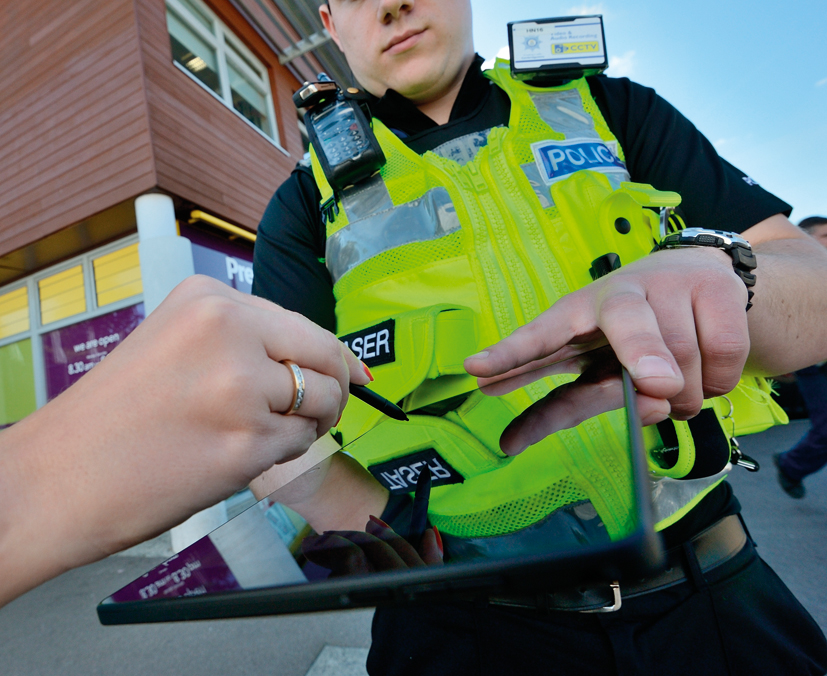UK lags behind in protecting its creative industries says FAST
The Federation Against Software Theft (FAST) has welcomed the recent
Work Foundation report commissioned by the Department of Culture, Media
and Sport, which shows that Britains creative industries are powering
the economy.

On the back of the report, former Culture Secretary Tessa Jowell said: The analysis shows just how vibrant and how economically important our creative industries are. It reinforces how vital government investment in creativity is, in nurturing talent, which in turn creates jobs and economic success.
But, says John Lovelock, director general of FAST, Britain must be prepared to take a leaf out of the USs book and clamp down hard on IP (Intellectual Property) infringement if the industry is to thrive. Britains creative industries are the envy of the rest of the world but only while intellectual property is respected. The government has a duty to make sure they safeguard this national treasure, just like the rest of the world protects the rights of their workers.
His comments come as the British head of an international Internet piracy ring was sentenced to 51 months imprisonment for copyright infringement. The US extradited him from Australia to be appropriately punished. And earlier this month two men from Arkansas in the USA pleaded guilty to selling millions of dollars of pirated software on eBay. Again, a high profile case acted on by the US Justice system, protecting their creative industries and safeguarding jobs. So where are the UKs comparable success stories?
UNESCO calculates that the UK is the biggest exporter of cultural goods, exporting more even than America. British success depends to a great extent on intellectual property owners being able to protect and benefit from their work.
Earlier in the year lorry driver Steven McTaggart was jailed for three months after selling pirated CDs and DVDs that are estimated to have cost the music and film companies £200,000 in lost revenue. When imposing the sentence, Sheriff Hugh Matthews QC said: “This is still a serious breach which will greatly affect writers, performers and the like.”
Car boot and markets across the country are also proving to be a breeding ground for counterfeit disks. Central Scotland Police in a joint operation with FAST seized a record £150,000 of counterfeit DVDs. Det Sgt David Nolan, of the force`s E Crime Unit, said: “We are determined to stamp out this illegal crime and make sure counterfeit goods are taken off the streets. It is thanks to a joint working partnership with Federation Against Copyright Theft (FACT) that we have been able to seize such a large haul.”
Lovelock concluded: Without legal protection afforded by the courts the UK loses its advantage and its copyrighted works get stolen, leading to job loses, lost tax revenue, and criminals profiting. The UK needs the government to keep scrutinising the support it gives to intellectual property holders, and what it is doing to prevent abuse of the system.


